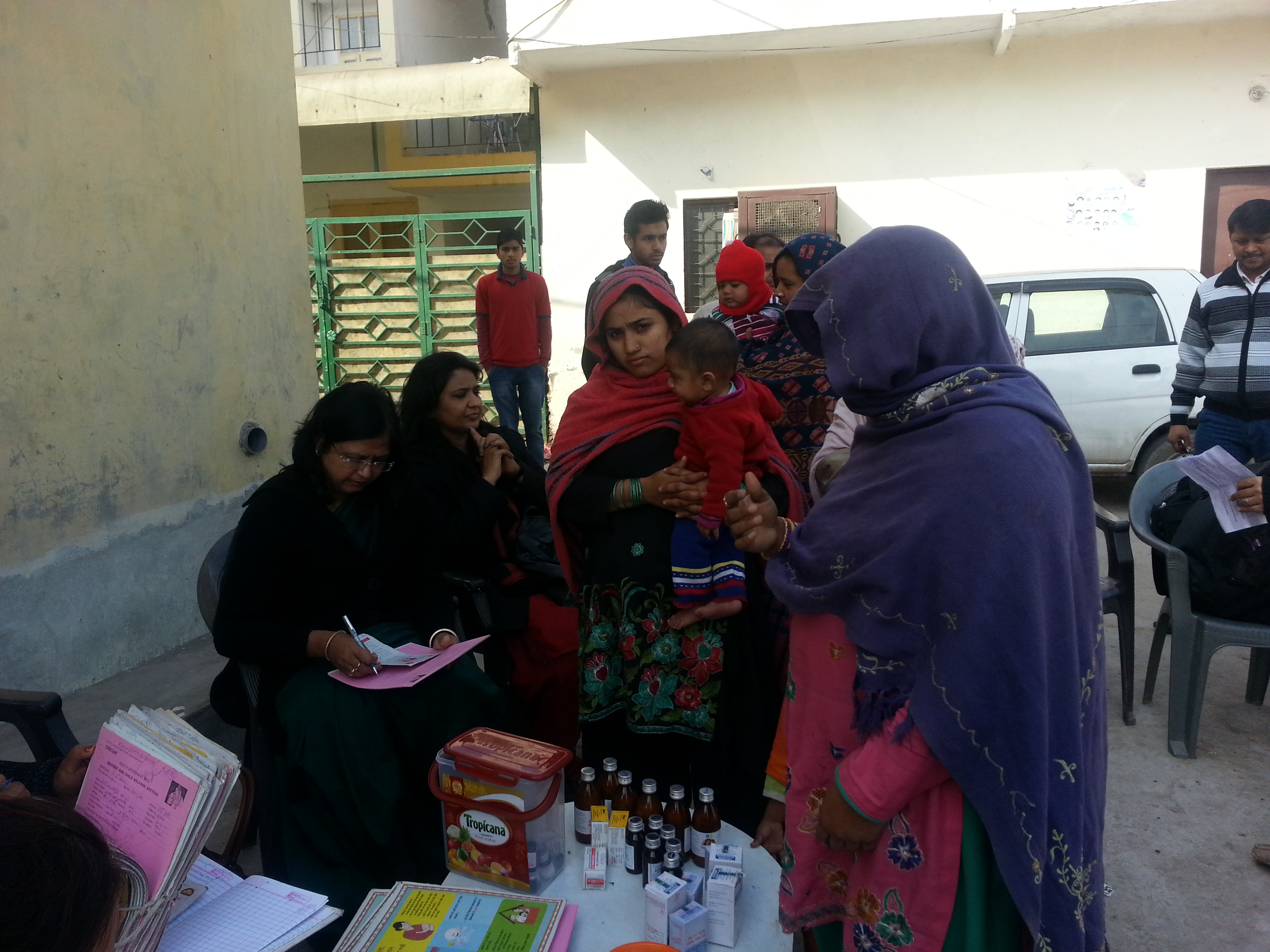
The principles of Primary Care are listed below:
1. Equitable distribution
2. Community participation
3. Inter-sectoral coordination
4. Appropriate technology
Equitable Distribution
Equitable distribution of healthcare means ‘universal access to health services irrespective of the ability to pay’
Lack of equitable distribution means that some people do not even get a decent basic minimum of care while some populations have a concentrated health services
Equitable distribution means investing more resources in areas where it is needed more. Higher priority needs to be given to high risk groups like women, children, under-privileged segments and under served areas.
It means activities must be undertaken to identify those at highest risk, to provide continuum of care to them and eliminate factors contributing to ill health.
Equitable distribution is the key to attain health for all.
Present Scenario:
• There are gross inequalities among countries and within countries.
• In India, the health services are mainly concentrated in urban areas. In urban areas too, the slums do not have access to health services. This results in inequality of healthcare in rural areas and urban slums.
• Primary health care aims to bridge this gap and shift the center of gravity of healthcare system from cities to rural areas and urban slums and bring these as near as possible to their homes.
